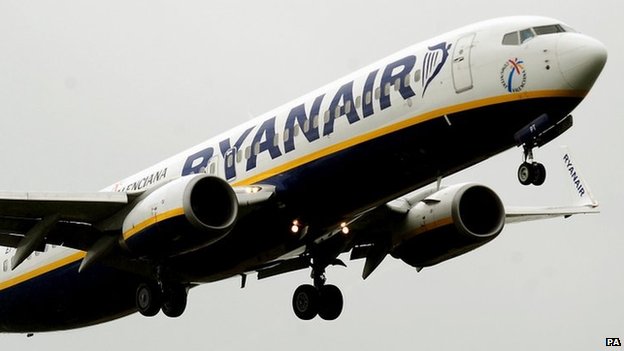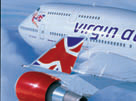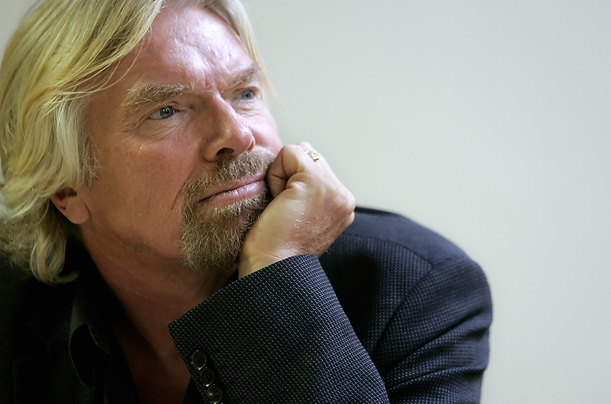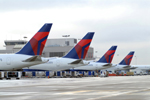Ryanair attributes success to its business model
November 6, 2014 Leave a comment
Consequently Ryanair has revised its forecast for full-year profit upwards from €650m to between €750m and €770m. Although passenger numbers are likely to continue to grow, the carrier expects the first half-year to make up for lower winter fares which would flatten the profitability curve somewhat.
Ryanair chief executive Michael O’Leary said: “The strong H1 results demonstrate our business model is performing.”
This only exacerbates the concern of legacy airlines about the market within Europe shifting in favor of low-cost carriers. Air France and Lufthansa are trying to compete with the likes of Ryanair and easyJet through their respective budget offshoots: Transavia (Air France) and Germanwings (Lufthansa). The International Airlines Group (IAC) which also owns British Airways and Iberia Airlines have successfully turned round budget subsidiary Vueling Airlines.
However, as many budget operators too have come and gone. The issue may be one of staying true to the “no frills” model in a price sensitive market for the short haul. Monarch Airlines which is cutting 700 jobs as well as the pay of employees of up to 30 per cent is ending long-haul operations to concentrate on scheduled short-haul European leisure routes.
Beyond five or six hours of travel time, passenger demands change drastically and the market becomes less price sensitive. But that has not stopped pioneering airlines such as Norwegian xxx to boldly go where others fear to tread, noting the number of failures that include Hong Kong’s Oasis Airlines. (See Norwegian venture into budget long-haul raises the same viability question, Jun 18, 2013) Ryanair too talked about doing a Freddie Laker, but that would mean tweaking the “business model”. What works for the short-haul may not necessarily guarantee success for the long-haul.



